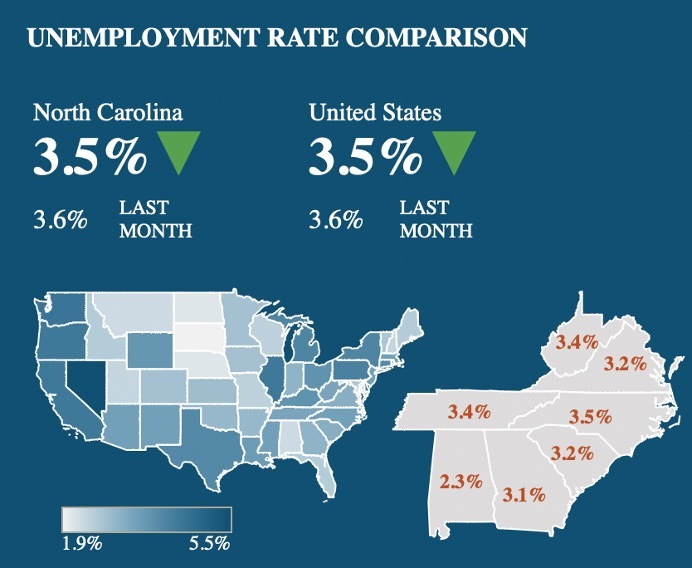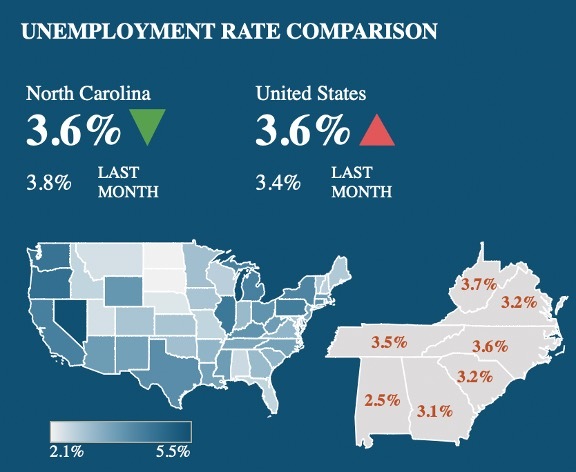The Institute for Justice has released the second edition of its landmark “License to Work” (LTW) study. This report was authored by Dick M. Carpenter II, Lisa Knepper, Kyle Sweetland, and Jennifer McDonald.
First released in 2012, LTW looked at how state occupational licensing affected specifically low- to moderate-income workers and would-be workers in 102 lower-income professions subject to state licensing. They range from construction trades to cosmetology and from bus drivers to bartenders.
As the original report noted, these occupations are ideal entry points into the job market. Their importance to a state’s economy is not to be overlooked —half of those licensed lower-income occupations are possible sources of new job creation and independent business starts.
Also not to be forgotten, but entrepreneurship is more valuable in low-income communities because economic opportunities are scarcer. See the appendix of this report for a discussion of the “double dividend” local entrepreneurship brings to poor neighborhoods. State licensing stands in the way of more entrepreneurship and renders low-income communities poorer than they ought to be.
Like its predecessor, the 2017 LTW report goes into detail about the effects of licensing and the need for alternatives that respect human dignity, individual liberty, and economic excellence. It is an excellent read for those seeking to learn more about how licensing impacts people in many ways.
But it also compares states in terms of their breadth of licensing (how many of the 102 low-income occupations each state requires licenses for), their burden of licensing (how costly in terms of time and money it is to obtain those licenses in each state), and when both are considered in concert. So how did North Carolina fare in these comparisons?
- North Carolina licenses two-thirds of the lower-income occupations studied (67 out of 102)
- Only 13 states license more lower-income occupations
- North Carolina’s average burden of licensing on lower-income occupations — thanks mostly to lower-than-average burdens on many construction trades — ranks 41st out of the 50 states and the District of Columbia
- In combination, North Carolina ranks 17th out of the 50 states and DC in terms of how broad and onerous its licensing structure is
- North Carolina requires licenses for 13 occupations even while over half the other states and DC don’t license them
As with its predecessor, I expect this study will have a significant impact on the debate over occupational licensing in the states. In just the past two years, there have already been as many successful de-licensing efforts in the states (8) as there had been in the 40 years prior.
For many reasons, including the Supreme Court’s 2015 ruling in North Carolina Board of Dental Examiners v. Federal Trade Commission, states are beginning to revisit how, when, and how strictly they regulate occupations. It’s a movement North Carolina needs to join.


